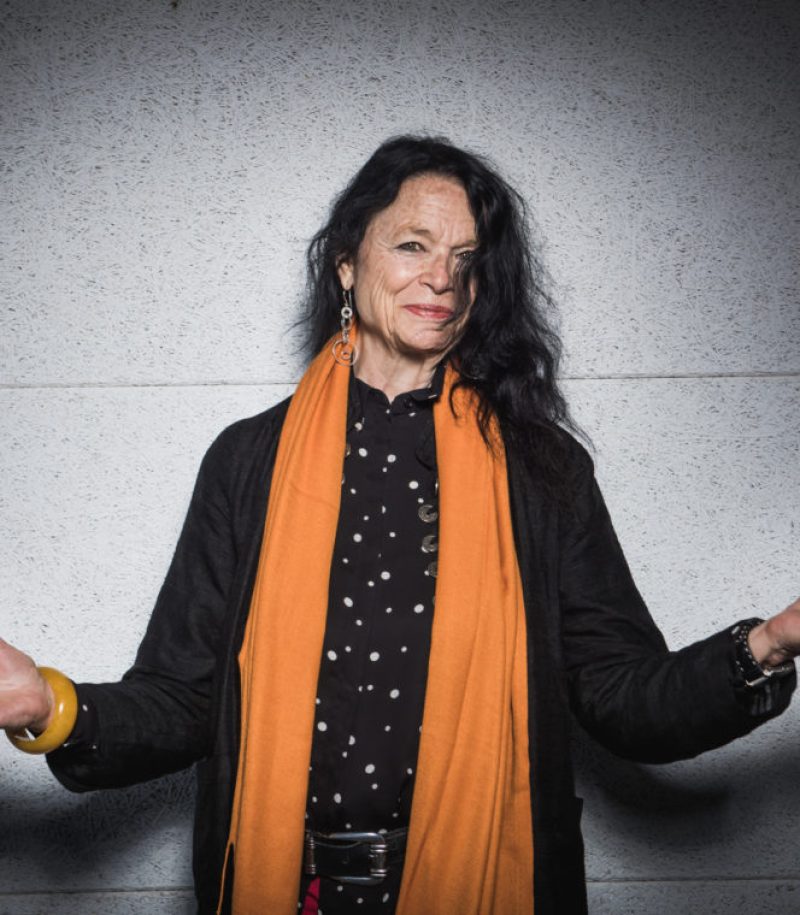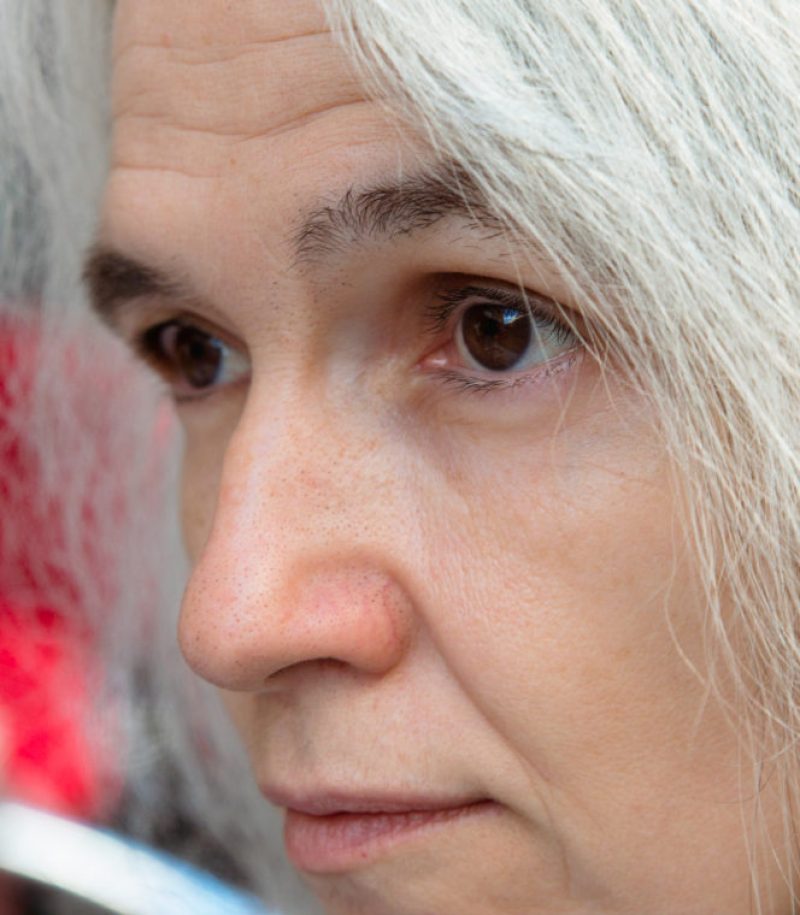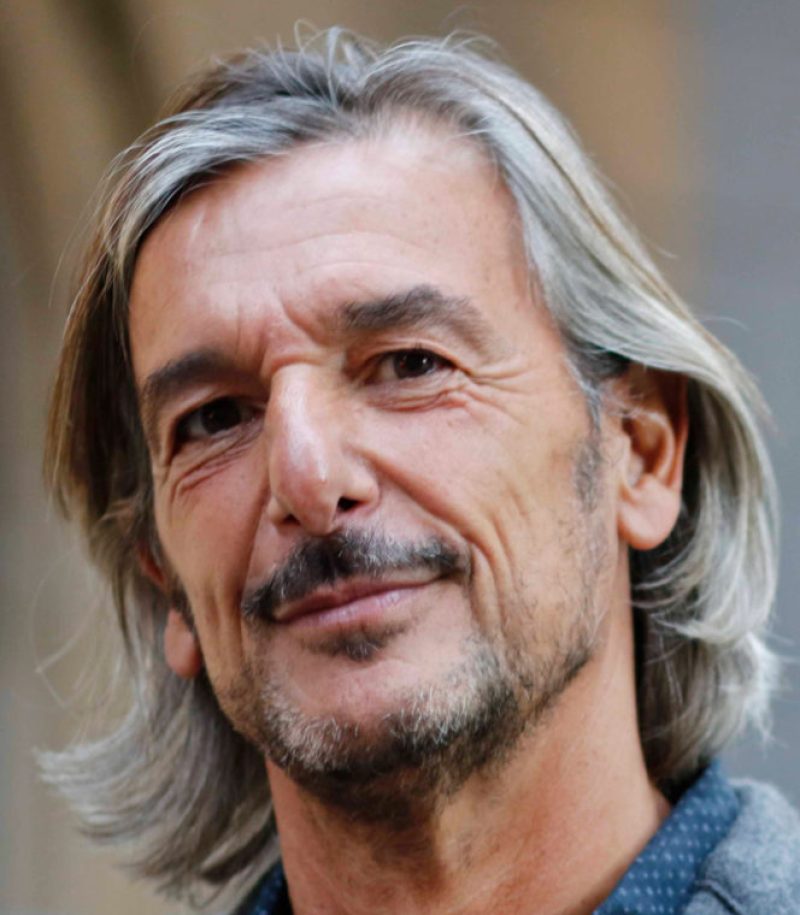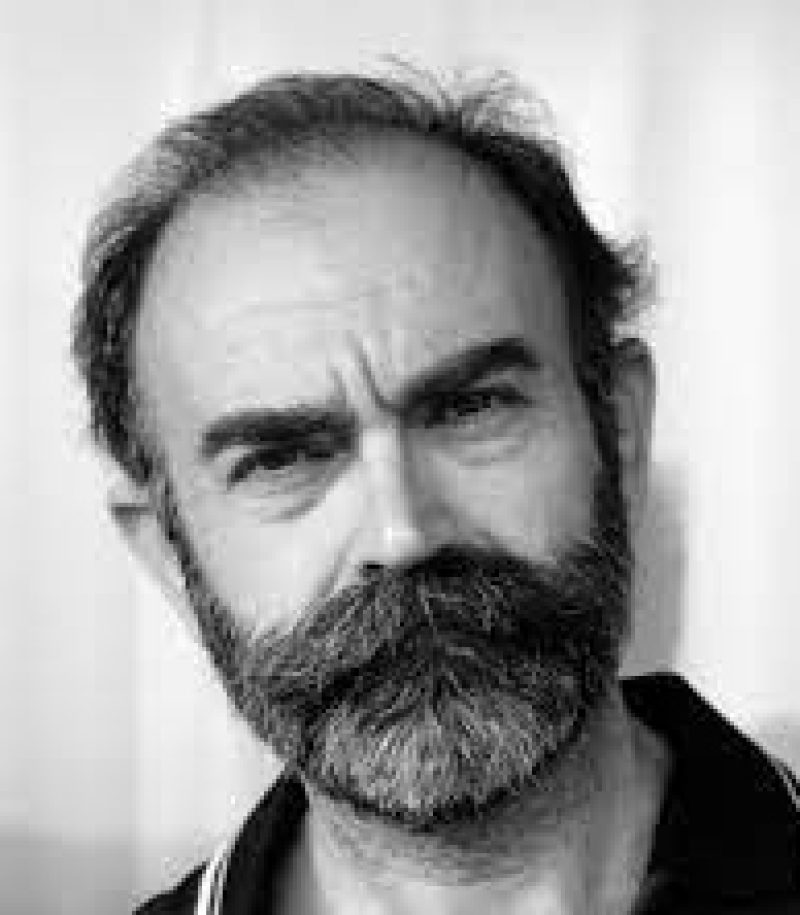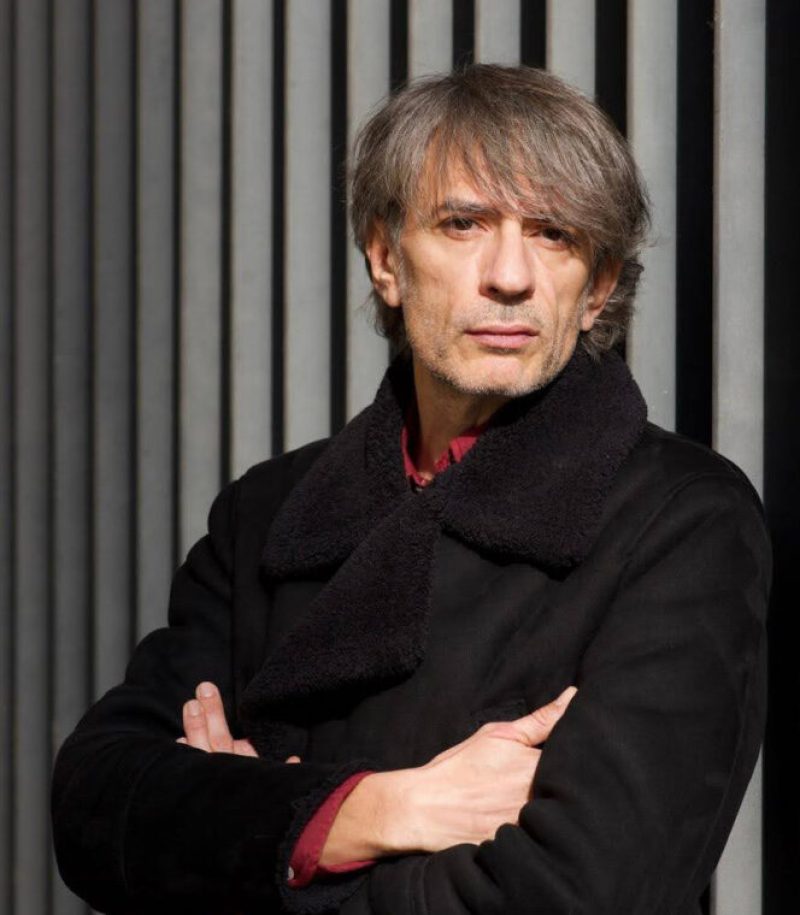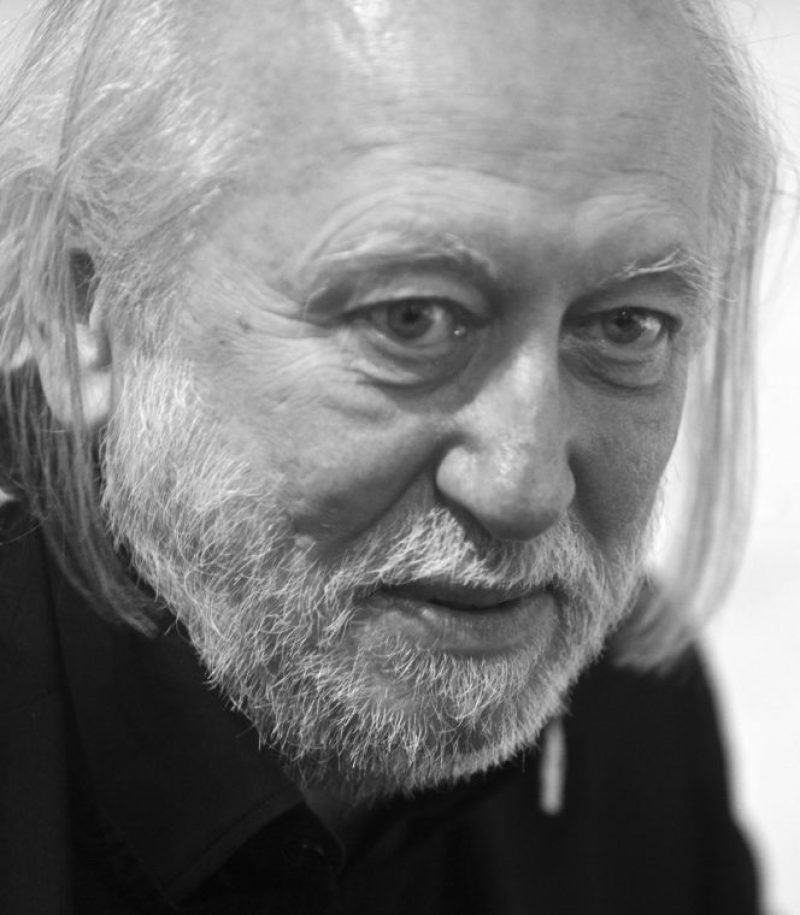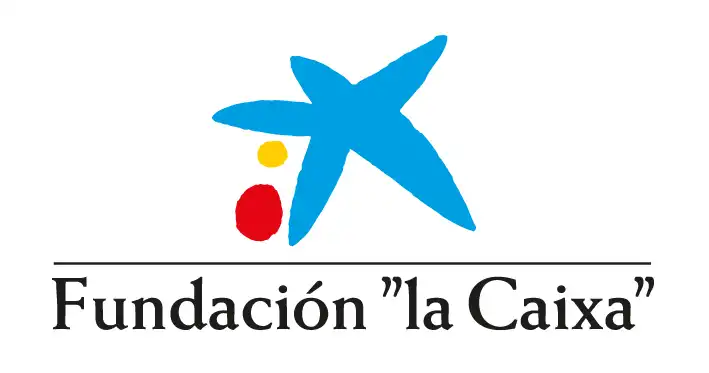Ahora, en este siglo XXI, la literatura se ha visto forzada a sobrevivir al impacto tecnológico. No es que la creación literaria padezca una crisis de identidad –o quizás sí–, pero, ya sea de un modo indirecto a través de las narrativas del yo o apostando directamente por escrituras globalistas, la literatura ha tenido que alzar la voz para que no se la tome sólo como un apéndice de los nuevos flujos comunicativos.
El filo de la literatura
Participantes


